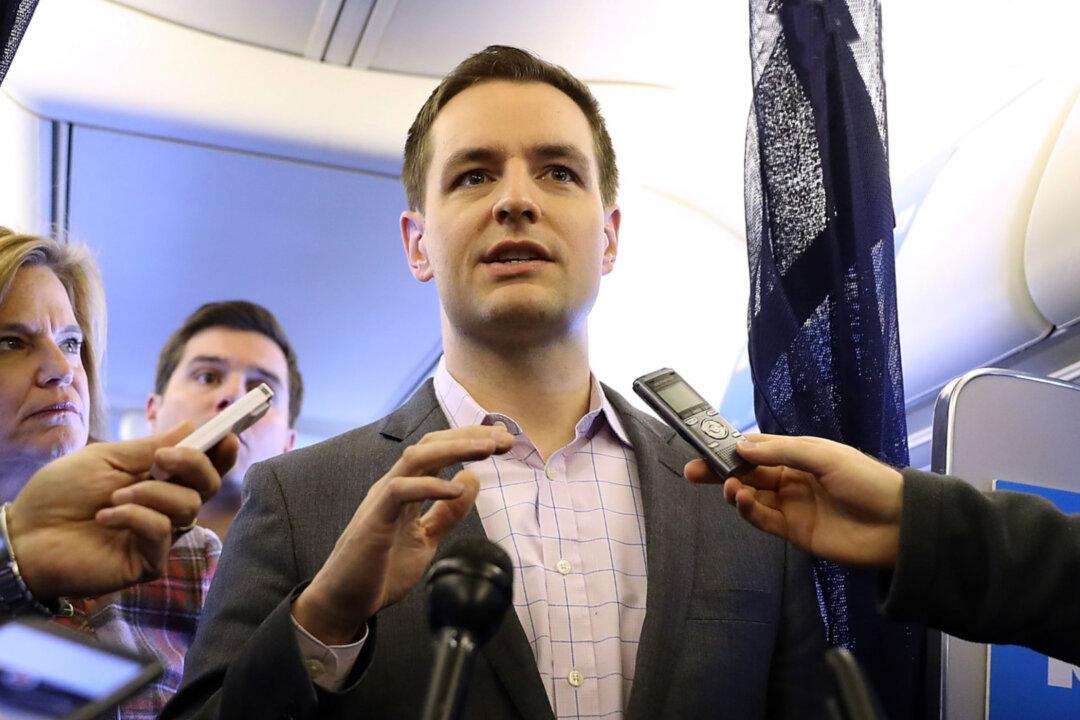A blizzard of petitions, motions, and counter-motions have been filed in response to special counsel John Durham’s April 6 request for documents from the Democratic National Committee (DNC) and Hillary Clinton’s 2016 presidential campaign withheld from federal investigators under claims of attorney–client privilege.
Durham is seeking communications—primarily 38 email exchanges between the DNC, Clinton’s campaign, law firm Perkins Coie, and Fusion GPS, the “opposition research” contractor that circulated debunked claims of an alleged “secret server” link between the Trump Organization and a Russian bank—in his case against Michael Sussmann.





